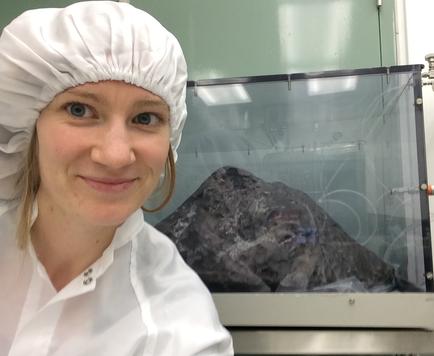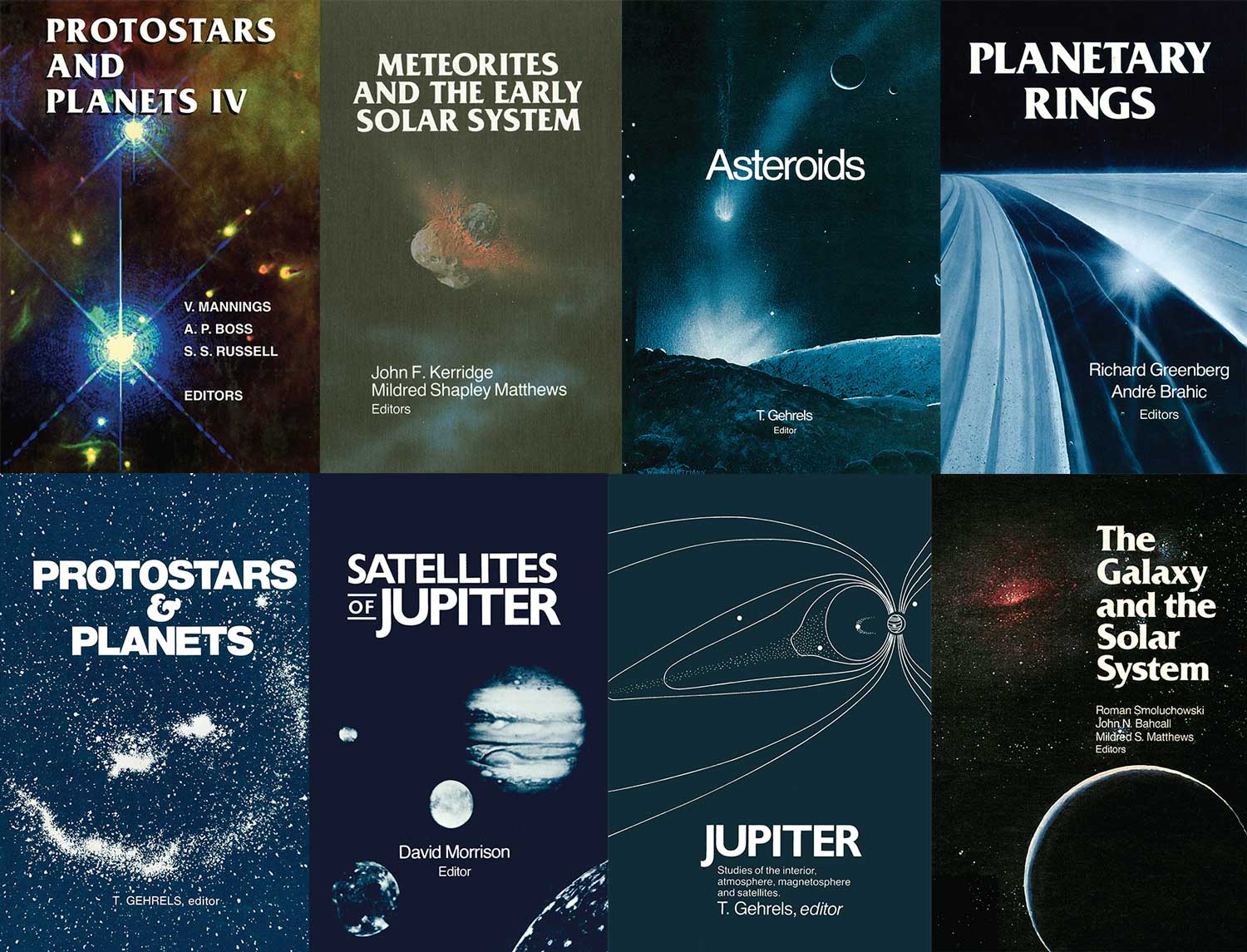Spring
LPL graduate student Nathalia Vega won 3rd place in this year's UArizona Grad Slam Competition.
Grad Slam is a campus-wide competition for the best three-minute graduate student presentation of a research or creative project; it is sponsored by the UArizona Graduate Center. Nathalia's presentation was titled Unlocking Extremoverse: Behind the scenes of a Pokemon-inspired game.
 LPL alumna Dr. Kelly Miller (2016) was selected as one of five NASA early-career scientists to be honored with a 2023 Planetary Science Early Career Award (ECA). The awards recognize demonstrated leadership, involvement in the planetary science community, and potential for future impact.
LPL alumna Dr. Kelly Miller (2016) was selected as one of five NASA early-career scientists to be honored with a 2023 Planetary Science Early Career Award (ECA). The awards recognize demonstrated leadership, involvement in the planetary science community, and potential for future impact.
Dr. Miller is a Research Scientist at Southwest Research Institute in San Antonio. Her project, “Carbon-Based Connections: From Earth to the Outer Solar System,” will establish carbon-based connections across the solar system and will include outreach efforts with middle schools in San Antonio.
The NASA ECA program supports exceptional early-career scientists who play a meaningful role in the planetary science community to pursue professional development in areas relevant to NASA’s Planetary Science Division. The goal of each proposal is to identify a need in the community and propose a project to address that need. Each project is facilitated by a grant of up to $200,000 to each of the selected principal investigators.
The selected projects span the full breadth of planetary science research, and the principal investigators are based at U.S. universities and research institutes.
The University of Arizona Press has added 14 formerly out-of-print volumes of the Space Science Series to its open access platform, Open Arizona. The collection makes available again the work of leaders in the field, including Richard P. Binzel, Tom Gehrels, Mildred Shapley Matthews, and many others. These works provide an important archive of a pivotal time in several emerging fields connected to astronomy and the space sciences.
The series brings together the world’s top experts, who lay out their foundational research on current understandings, while also building frameworks for the highest-priority questions for the future. The books were originally published between 1976 and 2000. Since 2000, books in the Space Science Series have been produced in collaboration with the Lunar and Planetary Institute in Houston, Texas.
The Space Science Series volumes are available for download here.

Pagination
- Previous page
- Page 7
- Next page

